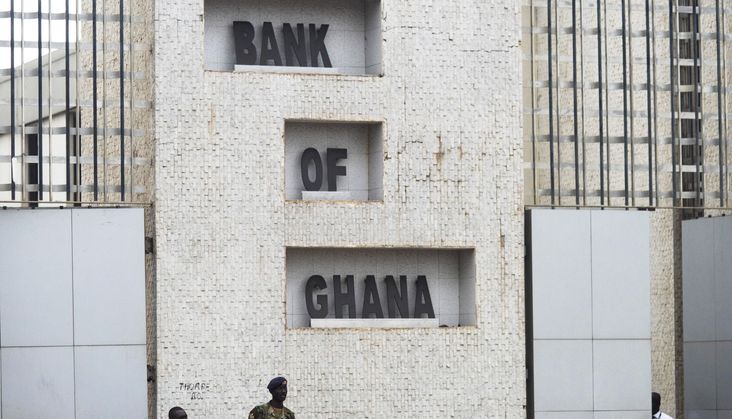[ad_1]

Financial Analyst, Dr Micheal Dawson has said that under Section 30(6) of the Bank of Ghana Act, the Governor is not required to report to Parliament on decisions that the central bank takes in handling emergency economic situations.
He said it is rather the Finance Minister who is expected to report to Parliament.
He was responding to the Minority in Parliament who accused the Bank of lacking reasonable justification for the substantial amounts of money printed in 2021 and 2022 to finance the government, which they contend is in direct breach of the governing law.
They note that the printed amounts—GHS 35 billion in 2021 and GHS 42 billion in 2022—are far beyond the legally acceptable threshold of 5% of the previous fiscal year’s total revenue.
The statement maintains that the Bank of Ghana’s actions in printing money to finance the government’s needs in 2021 and 2022 were in direct violation of the law, asserting that such conduct constitutes a criminal offense under Section 67 of the Bank of Ghana Act.
But Dr Dawson told journalists in Accra on Thursday, August 10 that “Section 30 (6) of the Bank of Ghana Act states that in the event of any emergency, the Governor, the Minister, and the Controller and Accountant-General shall meet to decide the limit of borrowing that should be made by government and the Minister shall submit the report.
“The Governor is not required to report to Parliament. It is the Minister of Finance. The Amended Act 918 passed in 2016 did not repeal section 30(6) of the Bank of Ghana Act 612.”

He further called on the Ghanaian public to be circumspect following news reports on alleged monthly salaries which are said to be taken by Independent Board Directors of the Central Bank.
According to him, the US$8,000 figure which being floated around is rather untrue as he believes that the External Board Directors would not be paid in dollars adding that they are not even entitled to salaries but instead allowances.
“I’m not sure how that figure came about in the first place as the Board Members are not even entitled to salaries but rather allowances for their services which is standard practice.
“I think the BoG statement capturing the expenses of External Directors has clarified the issues raised as they pointed out that the expenditure line for External Directors is made up of logistics to run the Board secretariat, Board training and others,” he said.
He added “The cost under the external directors’ column from the report is not the amount taken by one individual, but cost of running the secretariat, trainings organised and the Central Bank has said in their statement that price pressures, inflationary pressures all impacted on these rising costs.
Dr Dawson said this in reaction to the reports suggesting that independent Board Directors of the Central Bank were entitled to salaries.
He however called on the public to be circumspect and first verify such matters.
[ad_2]
Source link


